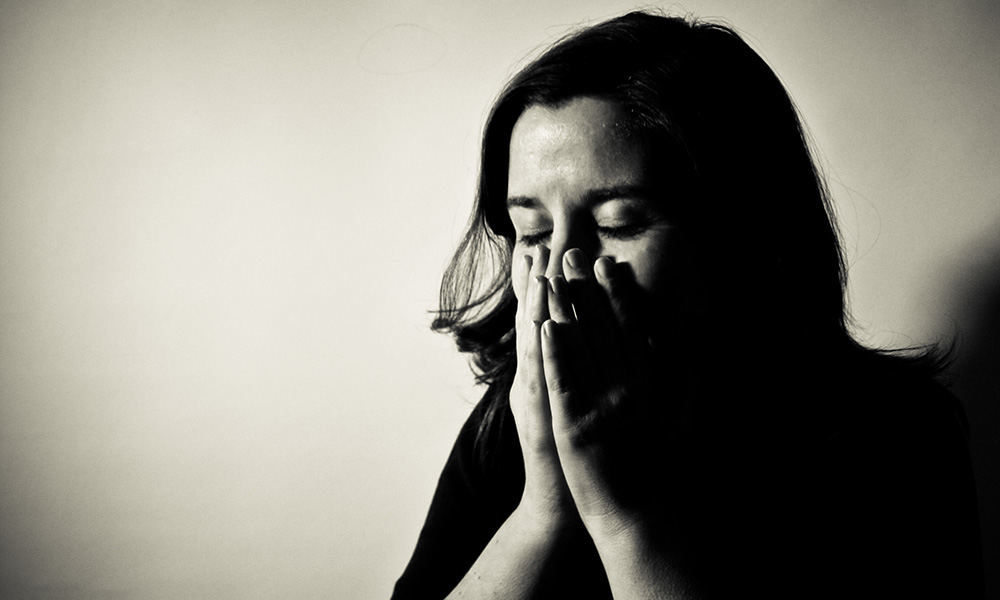
Online dating brings matches, but it isn’t scientific
Online dating is second only to “meeting through friends” as the most popular form of matchmaking, and Rochester psychologist Harry Reis has been investigating the phenomenon as the stigma has lifted.

Relationship problems? Don’t blame gender differences
“People think about the sexes as distinct categories,” says Rochester psychology professor Harry Reis, But when something goes wrong between partners, emphasizing inherent differences between the sexes can be harmful.

Psychologist’s research probes matters of the heart
Since the 1980s, psychology professor Harry Reis has been putting human relationships under a microscope. Over the years his research has led to insights into matters of the heart—both figuratively and literally.

Harry Reis appointed Dean’s Professor
Harry Reis, a leading researcher in the field of social psychology credited with helping to launch the field of relationship science, was jointly appointed as Dean’s Professor in Arts, Sciences and Engineering effective December 1.

Why does stress in relationships affect parenting?
Mt. Hope Family Center researchers Melissa Sturge-Apple and Patrick Davies have been awarded a $2.9 million grant to research how conflicts and stress between parents spill over to influence interactions between parent and child.

Come on baby, (re)light my fire
New research indicates that there are ways that couples can sustain—or relight—their passion. The study suggests that when men and women perceive their partners as responsive, they feel special and think of their partner as a valuable mate, which in turn boosts sexual desirability.

Can’t resist temptation? That may not be a bad thing
A new study finds that what might have been described as “maladapted” behavior or a lack of self control may actually be beneficial and thoughtful behavior for children who have been raised in resource-poor environments.

Teens are more caring when they feel support from others
A new study shows that values of social responsibility and caring for others decrease between the ages of 10 to 16. These decreases, however, are in concert with feelings of decreasing support from their parents, schools, and friends.

Harry Reis honored with career award
Psychology professor Harry Reis has been awarded the 2015 Career Contribution Award by the Society for Personality and Social Psychology (SPSP). The award honors scholars who have made major theoretical, methodological, or empirical contributions to the field.

College social life can predict well-being at midlife
A new 30-year longitudinal study shows that the quantity of social interactions a person has in their 20s—and the quality of the social relationships they have in their 30s—can benefit his or her well-being later in life. The study participants, now in their 50s, took part in the Rochester-Interaction Record (RIR) study as college students in the 1970s and again as 30-year-olds in the 1980s.
